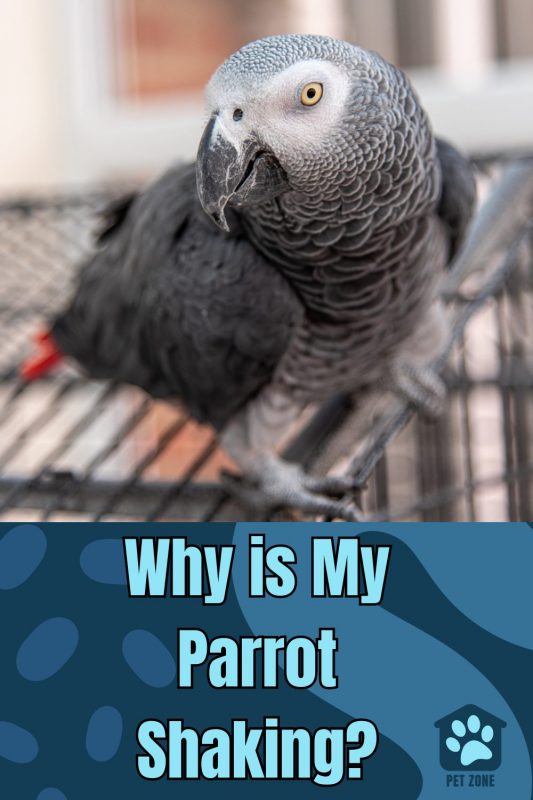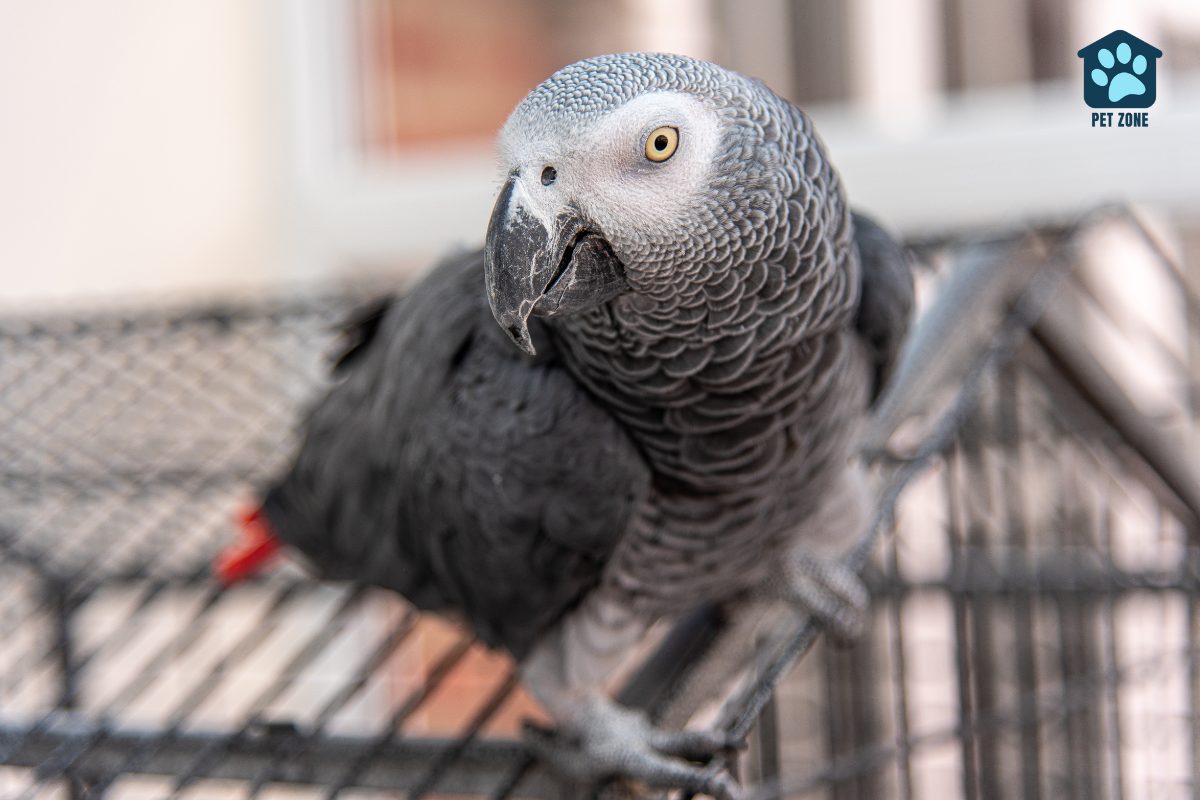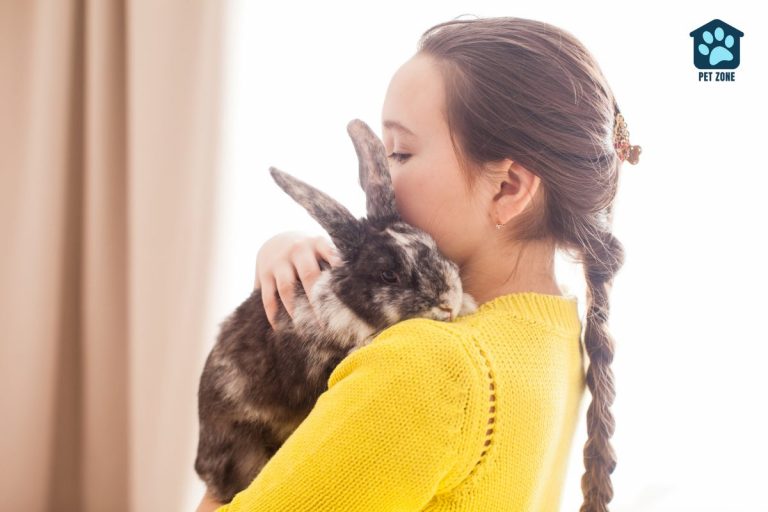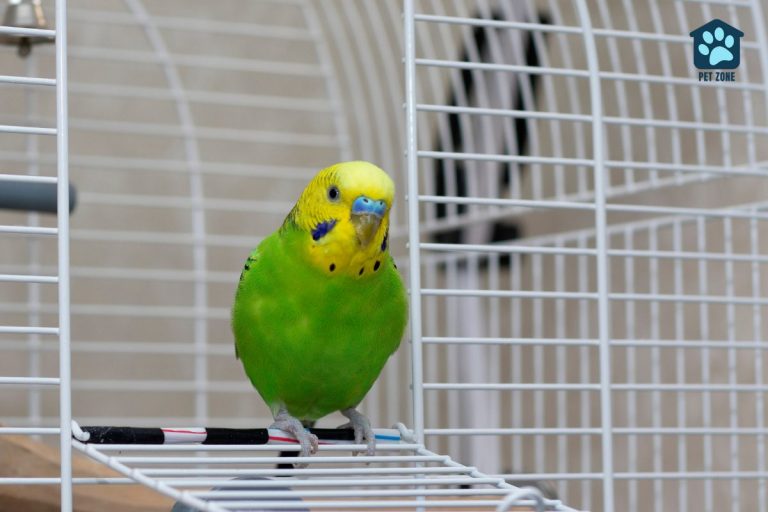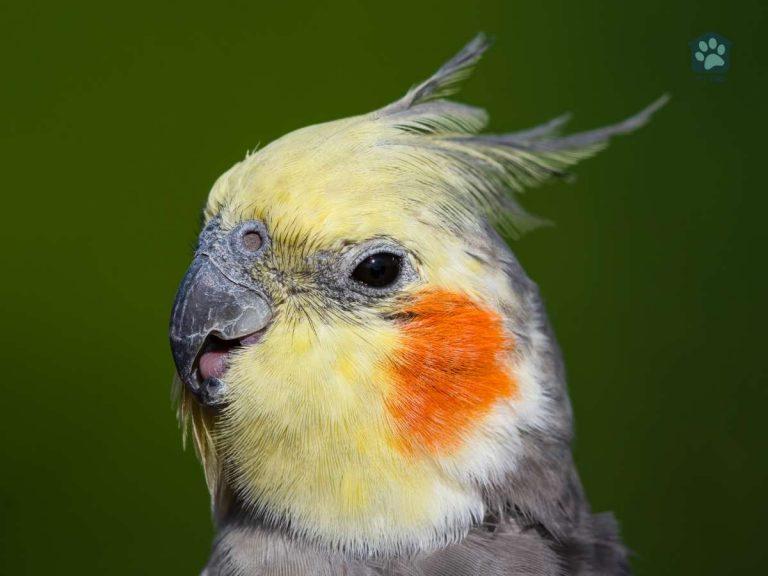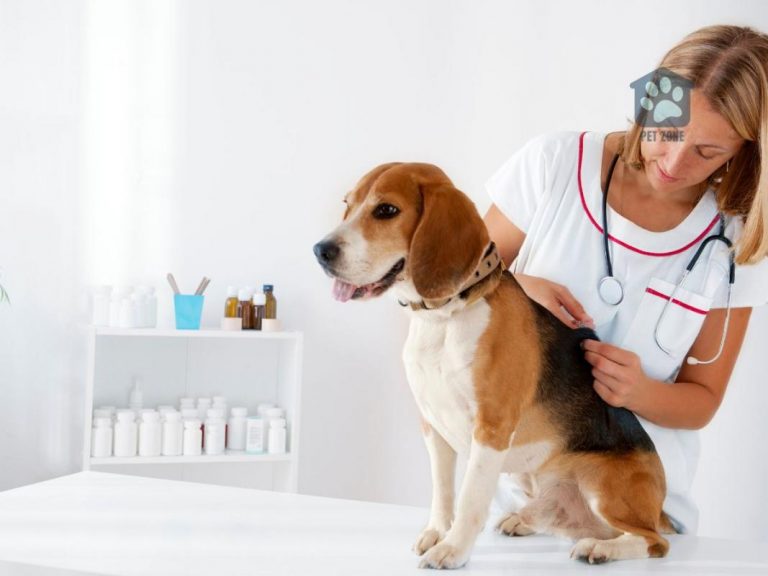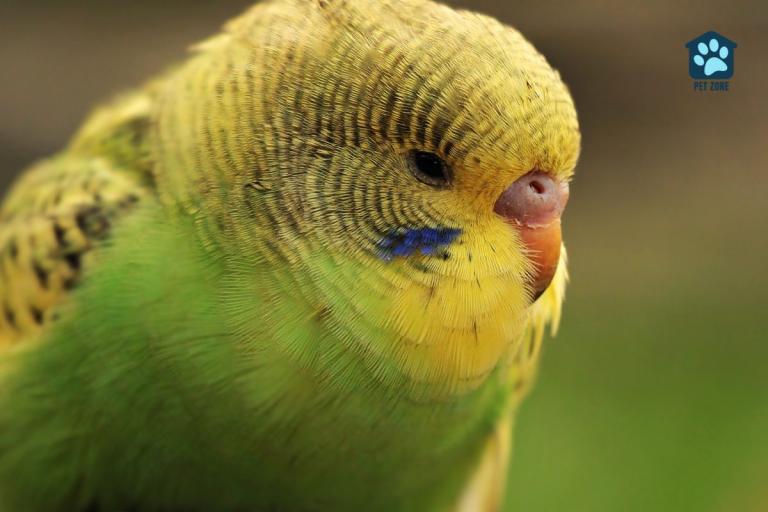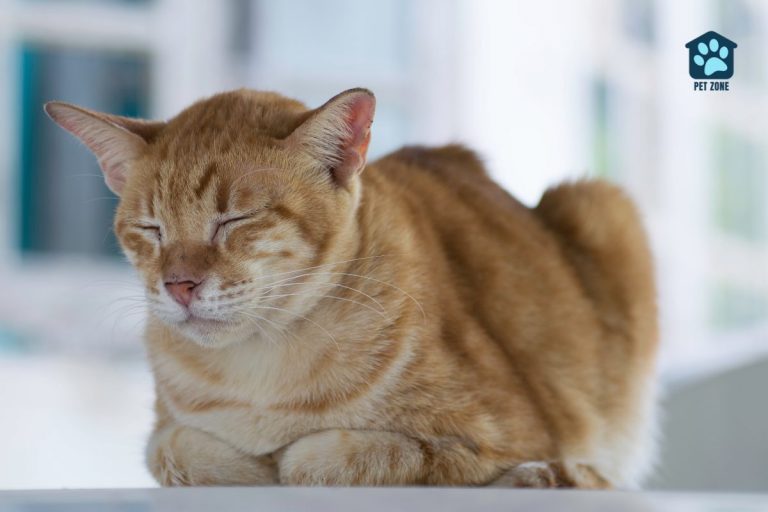Estimated reading time: 8 minutes
Have you ever caught your feathered friend trembling or shivering on its perch and wondered why? Seeing your parrot shake can be unsettling – it’s a sign that something is up, but what could it be? As a devoted parrot owner, you’re keenly tuned into every chirp, flutter, and now – every shake.
Your goal is to ensure your bird buddy feels safe, healthy, and happy in its cage home.
Interestingly, did you know that as humans can tremble with cold or emotion, birds too express themselves through their physical behavior? Shaking might indicate anything from joy to discomfort in the avian world.
In this article we’re diving into the reasons behind these mysterious shakes – whether it’s due to temperature changes, stress signals, or more serious health issues. We aim to offer insights and solutions that help your parrot stop shaking for a better experience together.
Key Takeaways
- Parrots shake for many reasons such as being cold, stressed, sick, or showing feelings.
- Make your pet bird comfy by checking the room’s temperature and making it quiet and safe.
- If your parrot keeps shaking, doesn’t eat, or acts odd, seek advice from your vet.
Understanding Parrot Shaking
Parrot shaking can be a result of various factors such as temperature, stress, illness, or emotional responses. It is important to understand the underlying reasons for your parrot’s shaking behavior to provide appropriate care and address any potential issues.
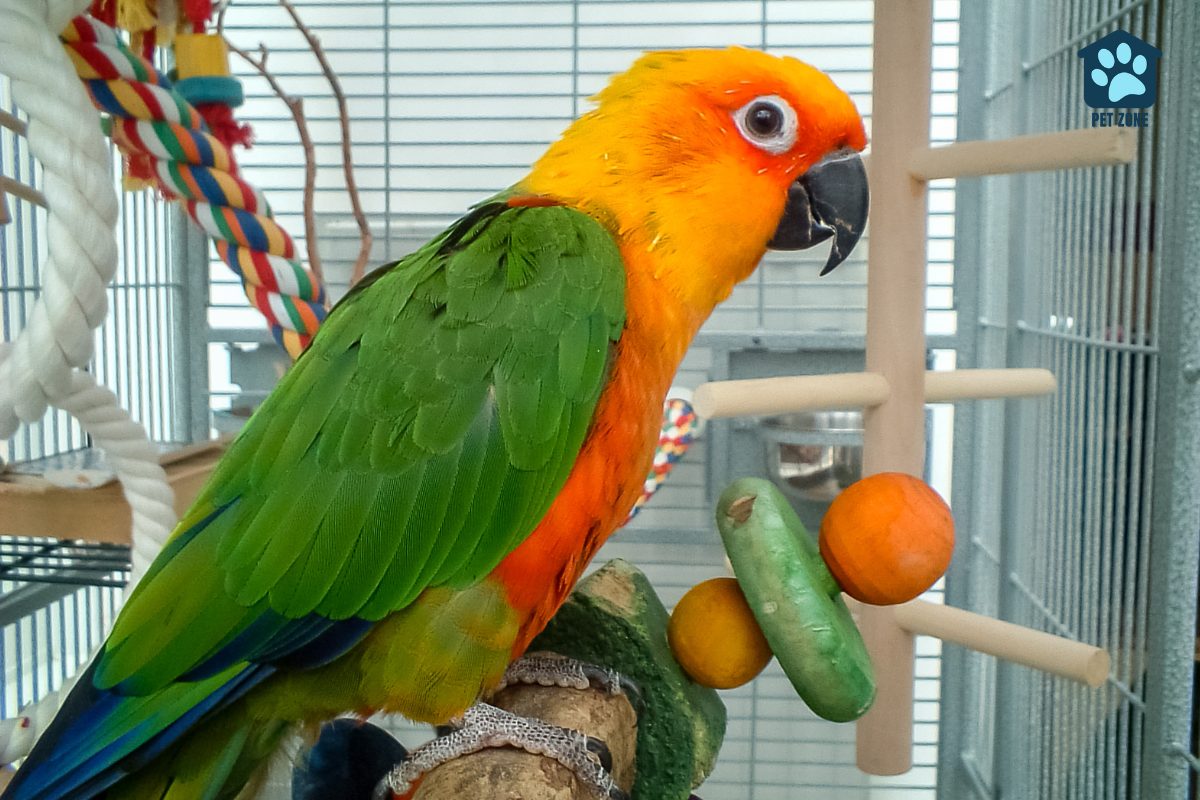
Shaking due to cold or hot temperatures
Your parrot might shake if it feels too cold or too hot. Just like we shiver when we’re chilly, birds do the same to keep warm. Their bodies try to generate heat by moving muscles quickly – which looks like shaking to us.
If your feathered friend is in a place that’s cooler than what they prefer, you’ll often see them puff up their chest feathers and quiver. This helps trap more air around their body for extra warmth.
On the flip side, extreme heat can cause stress and make a parrot pant and hold its wings away from its body to cool down. Make sure your pet bird has a comfy spot with the right temperature.
Watch out for signs of being too hot or cold so you can help them stay happy and healthy!
Shaking as a result of nervousness or stress
Parrots can shake because they feel nervous or stressed. Maybe there is a loud noise, like thunder, that scares them. Or perhaps something new in their space makes them unsure and anxious.
Birds are sensitive to change and might react by shivering. It’s their way of saying they are not happy or comfortable with what’s happening around them.
If a parrot shakes from nervousness, take a look at what’s going on in their world. Is there too much noise? Could someone be scaring them without knowing it? Try moving the cage to a calm spot and talk softly to your bird.
Help your feathered friend feel safe again, and you may see the shaking stop. If it doesn’t get better or other signs show up that seem odd, talking to a veterinarian who knows about birds could be a smart move.
They specialize in bird health and can give good advice on how to help your pet parrot feel better.
Shaking due to illness
Sometimes, shaking can be a sign that a parrot is not feeling well. Illnesses like psittacosis or chlamydia in birds could make them shake. If your bird is shivering and also seems tired or doesn’t want to eat, it might be sick.
Look for other signs of sickness too. Is the breathing weird? Are there changes in their poop? Also, check if they are using one leg more than the other or if their beak looks different.
It’s important to act fast if you think your parrot is unwell. A quick visit to the vet can help find out what’s wrong. Your vet will look at all symptoms and may do tests to see why your bird is shaking.
They know how stress and illness can look similar in birds. Good care from you and help from a vet mean your bird has the best chance to stop shivering and feel better soon!
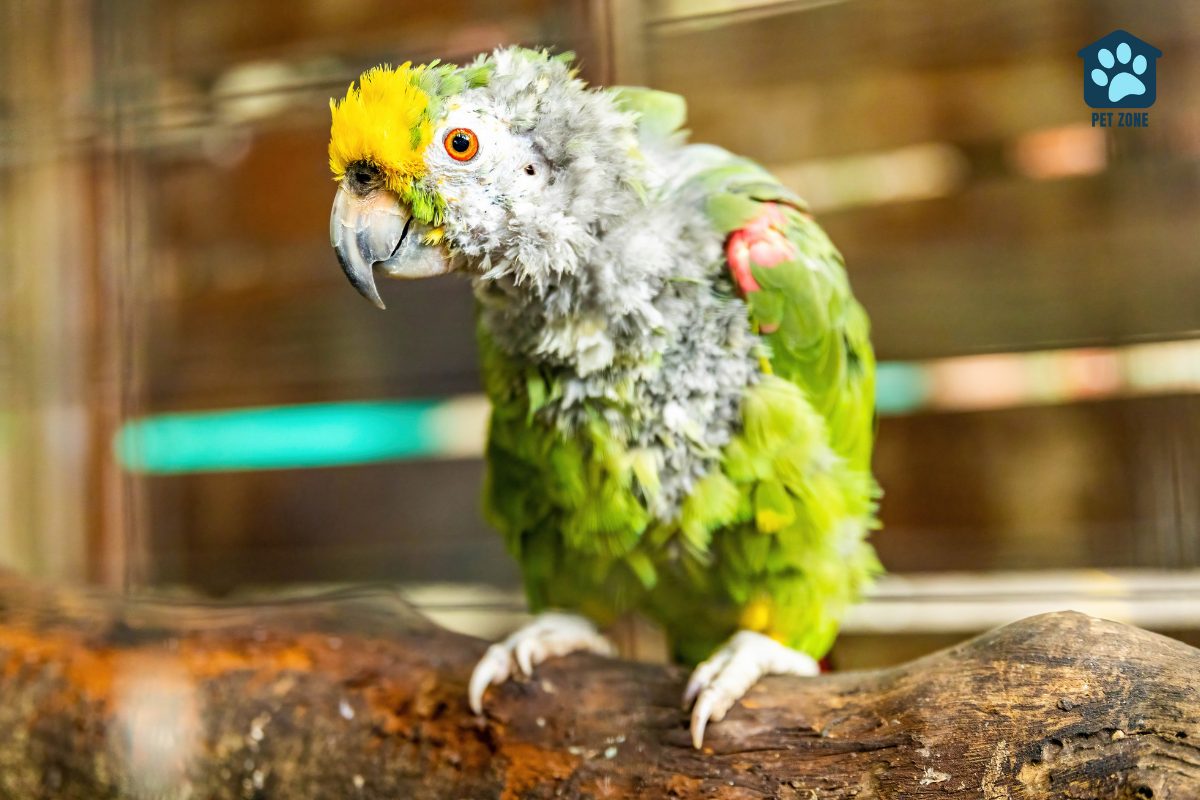
Shaking as an emotional response
Parrots can shake as a way to show their emotions. If they are excited or happy, they might fluff up and shake to convey their feelings. Conversely, if they are scared or nervous, shaking could be a sign of distress.
Pay attention to your parrot’s body language and context to understand what emotions might be causing the shaking.
Parrot owners need to build a strong bond with their birds so that they can better interpret these emotional responses. Spend quality time with your parrot, provide enrichment activities, and create a nurturing environment to help them feel secure and express positive emotions through behaviors other than shaking.
Behavioral Reasons for Parrot Shaking
Parrots may shake during preening, as a result of normal aging or malnourishment, or due to breed-specific shaking patterns. To learn more about these behavioral reasons for parrot shaking, keep reading!
Shaking during preening
Shaking during preening is normal for parrots. It’s like a little birdie dance. They shake to settle their feathers into place and remove any dust or dirt. Your parrot might look like it’s having a shiver, but it’s just part of the grooming process.
During this time, they are making sure every feather is in top condition, so don’t worry too much if you notice your parrot shaking while preening.
If you notice excessive shaking during preening or if your parrot seems distressed while doing so, that could be a sign of an underlying issue that needs attention. Otherwise, it’s usually just your feathery friend keeping themselves looking sharp!
Shaking as a result of aging or malnourishment
Aging and malnourishment can cause your parrot to shake. As birds age, just like people, they may develop tremors. Malnourishment can lead to weakness and shakiness in birds. It’s important to provide a balanced diet for your parrot at all stages of its life.
Malnourished parrots might exhibit shaking due to the lack of essential nutrients. Ensure that your parrot’s diet meets its nutritional needs and seek veterinary advice if you notice any signs of malnourishment or aging-related shaking.
Breed-specific shaking
Different parrot breeds may have specific shaking behaviors. For instance, African Grey parrots often shake as a way to sound their feathers while Amazon parrots might incorporate shaking into their movements during communication.
Understanding your parrot’s breed-specific shaking tendencies can help you decipher their behavior better and ensure they are comfortable and content in their environment.
Some breeds like the Quaker Parakeet tend to shake when they are excited or anxious, while others like Cockatoos may exhibit slight involuntary shakes due to traumatic experiences.
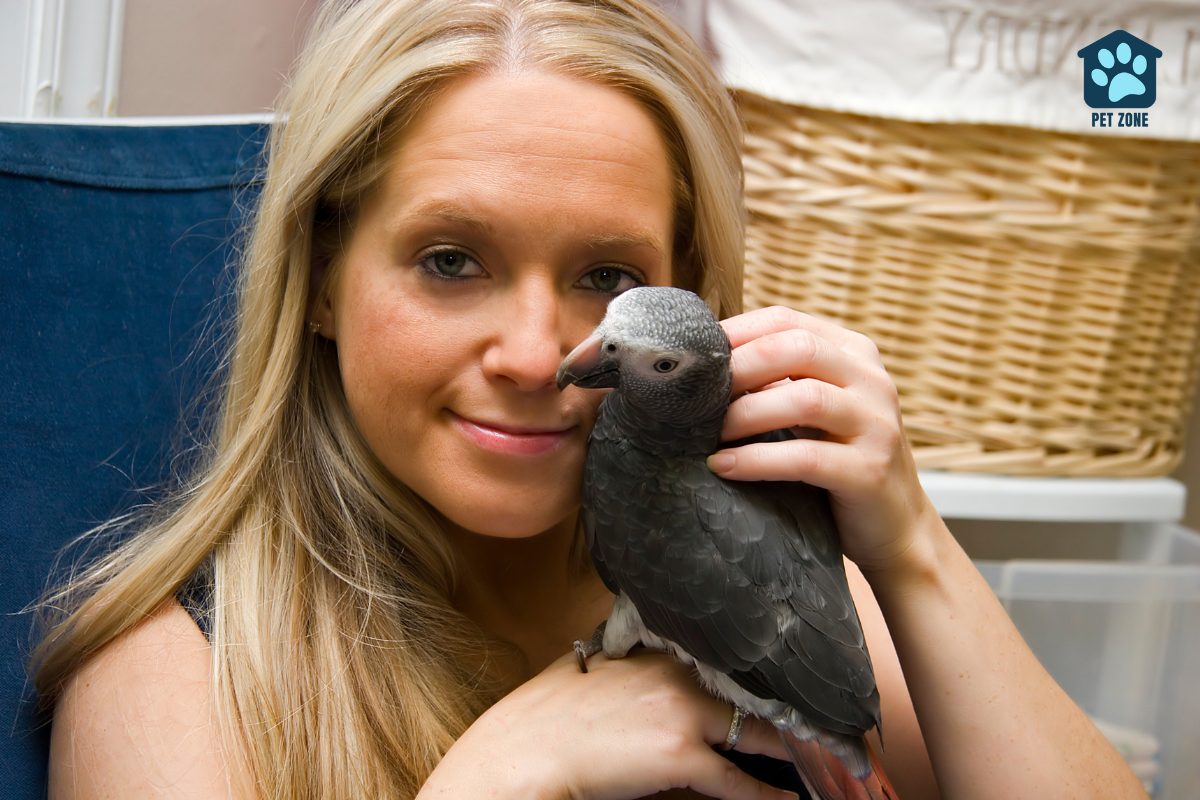
Conclusion
In conclusion, understanding why your parrot is shaking can help you provide the right care. By recognizing the various reasons behind their shaking, from temperature concerns to emotional responses or health issues, you can take appropriate action.
These practical insights allow you to address your parrot’s needs with confidence and efficiency.
Recognizing the significance of addressing this issue promptly can lead to a happier and healthier relationship with your feathered companion. Remember, seeking professional advice when needed ensures the best possible care for your beloved parrot!
Frequently Asked Questions
Your parrot might shake regularly because it feels cold, excited, or anxious. It could also be a way of trying to move air around its feathers after a bath – just like when they stretch one foot out with their wings.
Yes, if your parrot is shivering and showing other signs like not eating or looking puffed up on its breast, it could have an illness or a fever. You should verify these symptoms with a vet.
It makes sense that your budgie shakes when you’re chatting – birds can communicate excitement vocally and physically; they might tremble from the thrill of hearing your voice!
No worries! Your cockatiel might simply be involuntarily reacting to being wet – birds often shake to get rid of excess water and can look like they’re shivering in doing so.
Absolutely! Birds are prone to having fight or flight reactions so any big fright could make them involuntarily quiver, kind of like how we jump during a scary movie.
If you think your tropical bird pal might be too chilly – especially younger ones – using a heater nearby (but safely placed) could help them feel warm again without risking hypothermia.
As an Amazon Associate I earn from qualifying purchases.
